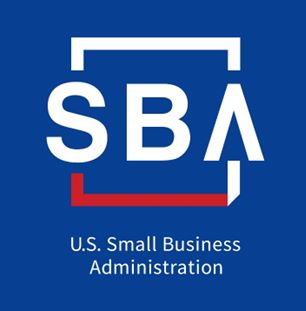The Weakening of Internal Controls:
In their haste to provide financial relief to small businesses, the SBA had to recalibrate its internal controls, inadvertently weakening or removing vital safeguards against fraud. This recalibration made it easier for fraudsters to exploit the system and access funds meant for eligible entities. Sadly, the allure of “easy money” within this environment attracted an overwhelming number of individuals with ill intentions.
The Magnitude of Potential Fraud:
The SBA OIG’s review estimates that over $200 billion in potentially fraudulent COVID-19 EIDLs, EIDL Targeted Advances, Supplemental Targeted Advances, and PPP loans were disbursed. This staggering figure means that at least 17 percent of all COVID-19 EIDL and PPP funds were distributed to potentially fraudulent actors.
Collaborative Efforts to Combat Fraud:
Recognizing the gravity of the situation, the SBA OIG collaborated with the SBA itself, the U.S. Secret Service, other federal agencies, and financial institutions to investigate and address this pervasive issue. As a result of these collective efforts, nearly $30 billion in fraudulent COVID-19 EIDL and PPP funds have been seized or returned to the SBA.
Implications for Small Businesses:
The revelation of such widespread fraud raises serious concerns about the efficacy and accountability of the SBA’s pandemic assistance loan programs. Legitimate small businesses that genuinely required financial support were potentially denied aid due to the actions of fraudulent actors. This misappropriation of funds not only hampers the recovery of honest businesses but also undermines public trust in the SBA and its ability to effectively administer assistance programs.
The Way Forward:
In light of these findings, it is crucial for the SBA to reassess and strengthen its internal controls to prevent future instances of fraud. It is equally important for the agency to ensure a more rigorous verification process for loan applicants, reducing the vulnerability to fraudulent activities. By establishing robust mechanisms and collaborating closely with federal agencies and financial institutions, the SBA can regain the confidence of the public and provide the necessary support to legitimate small businesses.
The SBA’s pandemic assistance loan programs were established to aid struggling small businesses during an unprecedented crisis. However, the SBA OIG’s review has shed light on the extent of potential fraud that occurred within these programs. While collaborative efforts have already led to the recovery of a significant portion of misused funds, it is imperative for the SBA to take proactive measures to prevent future fraud. By doing so, the agency can restore its credibility and ensure that vital financial resources reach those businesses truly in need.

